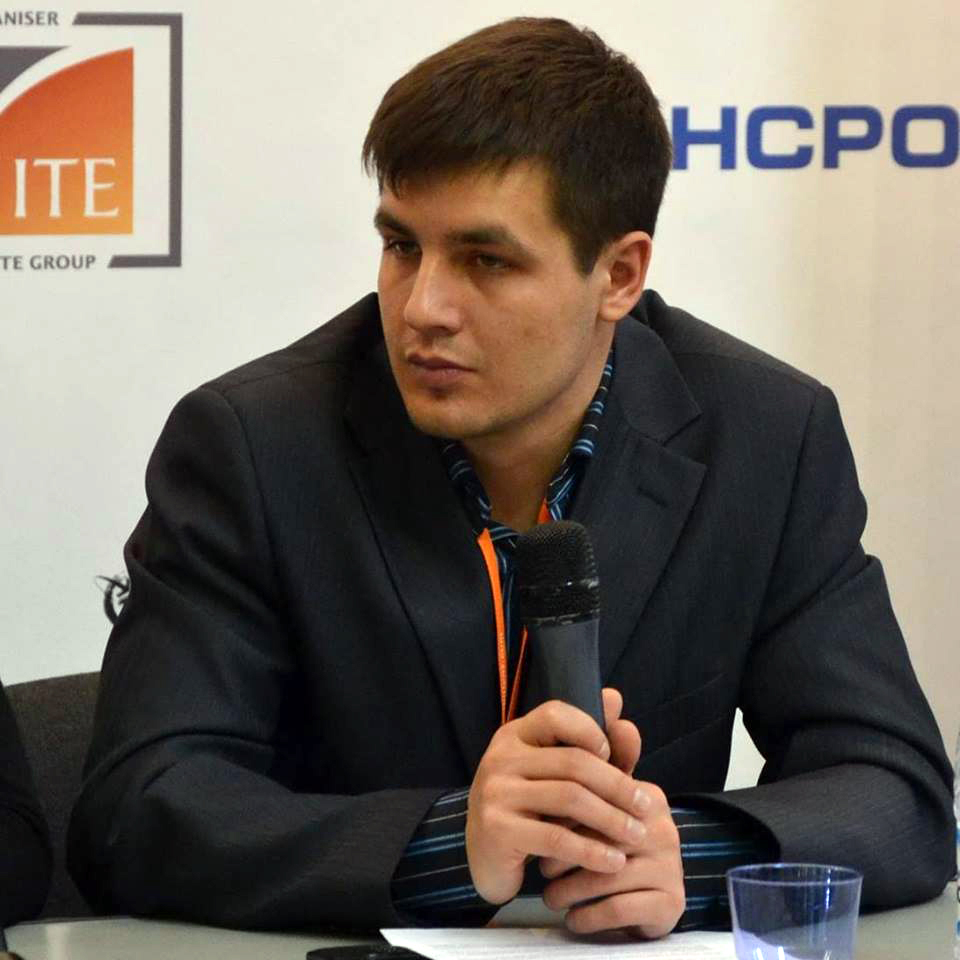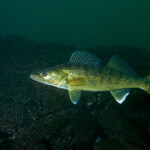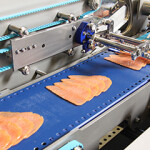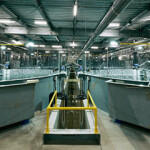Lloyd’s Register backs MSC certification for Russia’s West Bering Sea pollock fishery, with conditions

Lloyd’s Register, a third-party assessor of the North West Bering Sea/Navarinsky Area pollock fishery, has determined the fishery has met the basic requirements of the Marine Stewardship Council (MSC) standard and can further proceed to gain full certification.
But once certified, the fishery must additionally address four aspects through supplemental action plans, the conformity assessment body said.
Russia’s Pollock Catchers Association (PCA), the group client for West Bering Sea pollock, initiated the certification process in late 2020. Previously, in 2013, PCA managed to get pollock from the Sea of Okhotsk – the largest area for fishing pollock – MSC-certified and re-certified it five years later, in 2018.
The West Bering Sea area is Russia’s second-largest pollock fishery, with the total allowable catch (TAC) being between 311,554 and 567,873 metric tons (MT) in 2003 and 2019. The fishery’s TAC for 2021 has been set at 415,000 MT.
In its draft report, Lloyd’s Register said the fishery’s operations are based on extensive scientific information provided by VNIRO, including “data on species biology, ecosystem elements, and fishing [data] in the Bering Sea going back as far as the middle of the 20th century.” It praised the PCA for “the application of modern, international-standard stock assessment models of great flexibility and complexity, and the adoption of harvest control rules within a precautionary approach generate confidence in the fishery,” as well as its adherence to sustainable fishing principles. It said the fishery has invested in “necessary actions, including boosting the quantity and quality of fishery-independent observations.”
But its report scored some areas of the fishery lower than what was required for obtaining an unconditional MSC certification. Specifically, it named four performance indicators that PCA failed to meet, primarily linked to the monitoring of the overall level of bycatch and discards, including the target species, and the occurrence of endangered, threatened, and protected (ETP) species, as well as the lack of a comprehensive ecosystem-based approach to fishery management, and the absence of regular reviews of the effect of the fishery on other species.
Lloyd’s Register said the PCA has not yet demonstrated it has conducted a review of alternative measures to minimize mortality of unwanted catches of secondary species, and said are “no direct measures in place that might help mitigate interaction of ETP species with midwater trawl gear.”
The non-conforming issues must be addressed in action plans, which then must be implemented over the next four years, if the fishery is to attain and retain MSC certification. Provided the action plans are created and approved, the PCA will be eligible to receive its certification as soon as this summer, which is early enough in the season that all PCA members will be able to use the eco-label on all of its West Bering Sea pollock for the bulk of its catch this season.
Lloyd’s Register also issued an additional, non-binding condition, suggesting the client install an onboard information recording system to “record the depth profile of the gear on each trawl and the lowest proximity of the gear to the seafloor.” The system is supposed to also monitor “if at any point the gear touches the seafloor or fouls any submarine feature” and, in the event of fouling, “any benthic organisms that may be found is recorded, as well as any lost or abandoned gear noted or recovered.”
The certification process is now in the stakeholder input phase, opening the report to public comment. Two groups have already commented: the World Wildlife Fund (WWF) and the At-sea Processors Association (APA), a trade association representing six member companies that own and operate 16 U.S.-flag catcher/processor vessels that participate principally in the Alaska pollock fishery and U.S. West Coast Pacific whiting fishery.
In its comments, WWF said it supported common fishery management and assessment transparency. It recommended letting all stakeholders have “full access to the primary Russian-language reports produced by observers [and] at-sea monitoring to ensure substantial data analyses.”
“At the moment, the stakeholders can only see the summaries of the reports developed by VNIRO,” WWF wrote.
WWF also pointed out the absence of reliable data on the amount and distribution of lost trawling gear in the Russian pollock fisheries and suggested fishery observers should collect this data to ensure better protection of habitats used by endangered marine mammals and species vulnerable to entanglement in marine debris.
For its part, the APA listed more than 40 specific and general concerns with the certification, often challenging the assessor’s conclusions to some degree, with most criticizing a lack of adequate information or questioning the reliability of the data used in compiling in the report. In particular, it wrote that “there is no clear information on the retained versus discarded species in the [report], only that there is no incentive to discard herring.”
Of the sources of information used to create the report, including independent observers, reports by vessels at sea, and scientific research, the APA said “no one is independently verifying catch data reported by vessels, [and] only retained catch is accounted for during transshipment and routine inspection” by Russia’s Federal Security Service (FSB).
“Observers are not independent,” it wrote. “They have no legal rights while onboard and are subject to harassment and intimidation.”
Lloyd’s Register’s assessment team reviewed and responded to the stakeholder comments. Some comments were accepted and resulted in corresponding changes of the rational of the firm’s decisions and its scoring of the fishery, but the fishery retained enough points to allow the certification body to proceed with its recommendation that the fishery be certified.
Photo courtesy of Okeanrybflot






Share